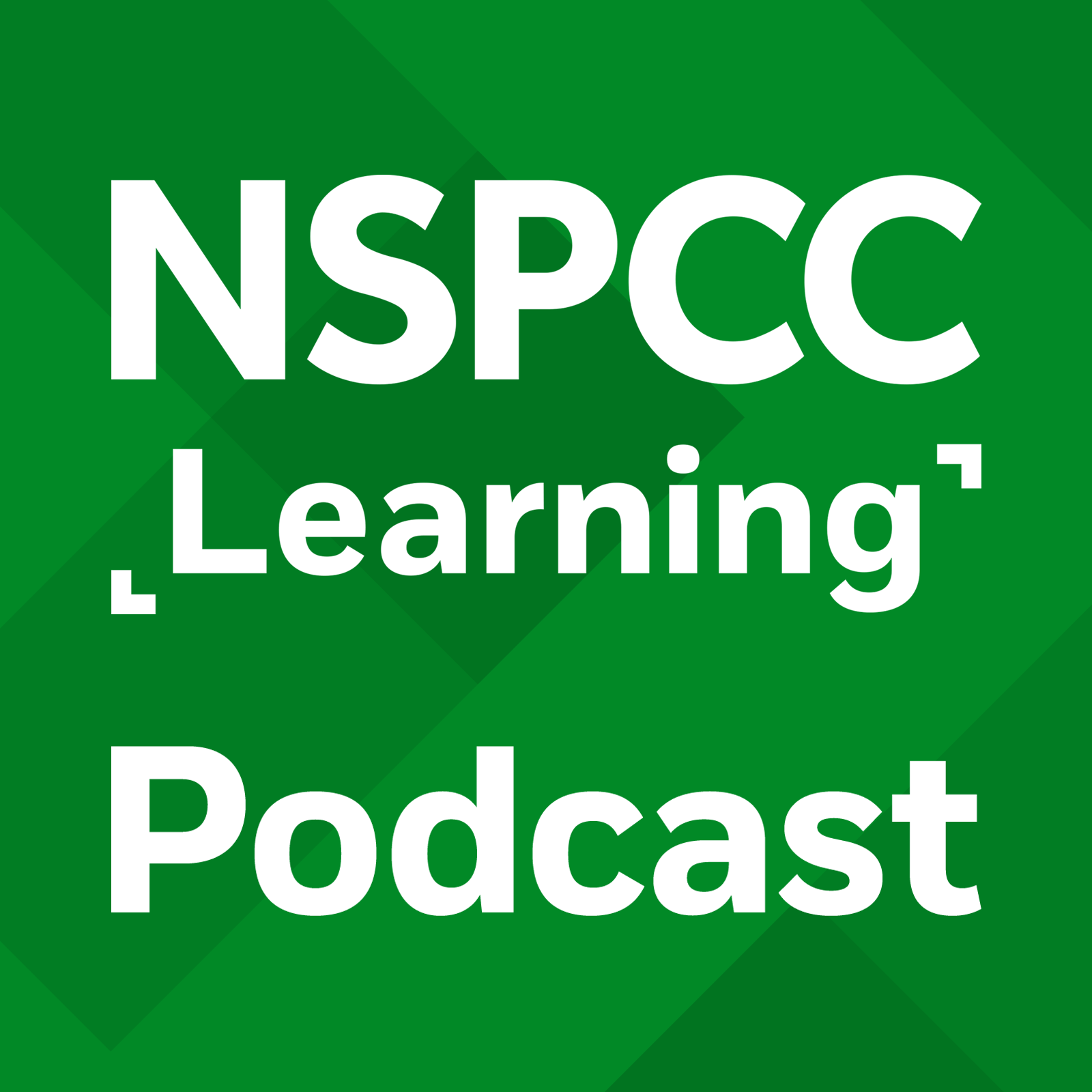4: The Lighthouse overview
The Lighthouse is a multi-agency service for children and young people in Barnet, Camden, Enfield, Haringey and Islington who have experienced any form of sexual abuse, including exploitation. At The Lighthouse, the child is at the centre, to make sure they have a safe place to recover at their own pace and rebuild their lives. The Lighthouse (Child House) is led by University College London Hospitals in partnership with NSPCC and Tavistock and Portman NHS Trust and will be piloted for two years.
In this podcast episode Ali is joined by two members of the Lighthouse team: Emma Harewood, Service Manager and Deborah Hodes, Community Paediatrician and Health Lead, along with Jon Brown, Head of Development and Impact at the NSPCC.
Emma, Deborah and Jon provide an insight into how The Lighthouse was established, discussing how the NSPCC along with four core funders (the Home Office, NHS England, the Mayor’s Office for Policing and Crime (MOPAC) and the Department for Education) helped shape it to become the first service of its kind in the UK.
We hear about the range of services children can access under one roof from therapeutic and medical services to support with police investigations, the court system and counselling for them and their family. They also talk about how children are consulted at every step as well as the future plans for The Lighthouse service.
Read the podcast transcript on the NSPCC Learning website.
💬 About the speakers
Jon Brown is the Head of Development and Impact at NSPCC. He is a qualified social worker and has been responsible for setting up and managing a range of sexual abuse services ranging from therapeutic services for child victims, services for children and young people with sexually harmful behaviour and services for adult sex offenders.
Emma Harewood is the Delivery and Service Manager at The Lighthouse, leading the delivery of the first UK ‘Child House’ pilot. Prior to this Emma trained as a paediatric dietitian, before moving into system leadership and change management. For the last 10 years she has held various director level roles in health providers and clinical commissioning groups, leading change in health and social care with a focus on integrated services to support children and adults.
Dr Deborah Hodes is the paediatric lead for The Lighthouse. Deborah has been a Consultant Community Paediatrician since 1990. She has vast clinical, teaching, strategic and research experience in all aspects of child abuse and neglect and has presented and published her work widely. In 2014, she started the only paediatric UK clinic for children and young people with female genital mutilation (FGM).
📚 Related resources
> Find out more about The Lighthouse
> Learn more about how to protect children from sexual abuse
Intro/outro music is Lights by Sappheiros

28m







